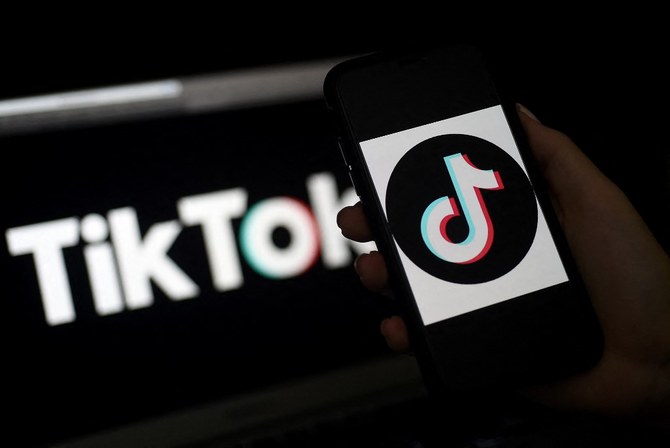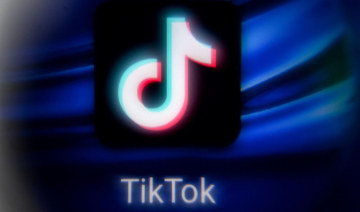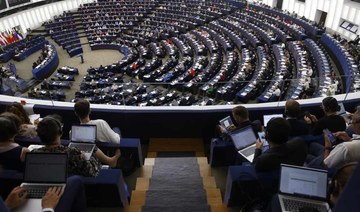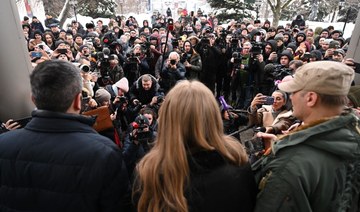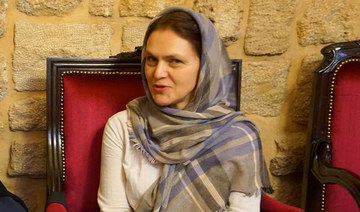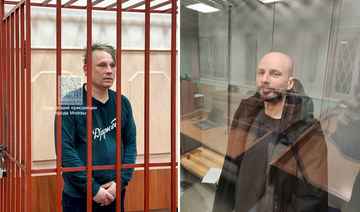LONDON: Staff at the European Parliament can no longer install TikTok, the Chinese-owned app for sharing short videos, on their work phones, an EU official said on Tuesday.
The ban was introduced for security reasons, the official added, and will also apply to private devices used to access European Parliament email accounts and other networks, Reuters reported.
Last week, the European Commission and the EU Council announced that staff are no longer allowed to have TikTok on work phones, citing growing concerns about the app’s parent company, ByteDance, and fears that the Chinese government could use the app to harvest user data or further its own interests.
"We appreciate that some governments have wisely chosen not to implement such bans due to a lack of evidence that there is any such need, but it's disappointing to see that other government bodies and institutions are banning TikTok on employee devices with no deliberation or evidence," a TikTok spokesperson told Arab News.
TikTok's spokesperson added: "These bans are based on basic misinformation about our company, and we are readily available to meet with officials to set the record straight about our ownership structure and our commitment to privacy and data security.
"We share a common goal with governments that are concerned about user privacy, but these bans are misguided and do nothing to further privacy or security."
In the US, the White House on Monday set a 30-day deadline for federal agencies to purge TikTok from all government-issued devices, in compliance with a ban introduced by the US Congress and signed by President Joe Biden last month. The app is also banned on government-owned devices used by staff in the House of Representatives and the Senate.
Shalanda Young, director of the Office of Management and Budget, set the deadline for agencies to “remove and disallow installations” of the app on agency-owned or operated devices, and to “prohibit internet traffic” from such devices to the app.
TikTok has become a political target in the West because of fears that the app could be used by the Chinese Communist Party for spying or propaganda. A spokesperson for the Chinese Foreign Ministry on Tuesday criticized the US government bans as “abuse of state power” and suggested they reveal Washington’s insecurities.
“We firmly oppose the wrong practice of the United States to generalize the concept of national security, abuse state power, and unreasonably suppress firms from other countries,” said Mao Ning.
“How unsure of itself can the US, the world’s top superpower, be to fear a favorite young person’s app to such a degree?”
US concerns about spying have increased since a Chinese balloon was spotted in US airspace and shot down by the military this month.
Also on Monday, the Canadian government banned the use of TikTok on all of its devices, citing concerns about the access to user data it could provide to Beijing.
Chinese authorities deny having any intentions to take advantage of the app in this way and TikTok has refuted accusations that it shares data with the Chinese government.



